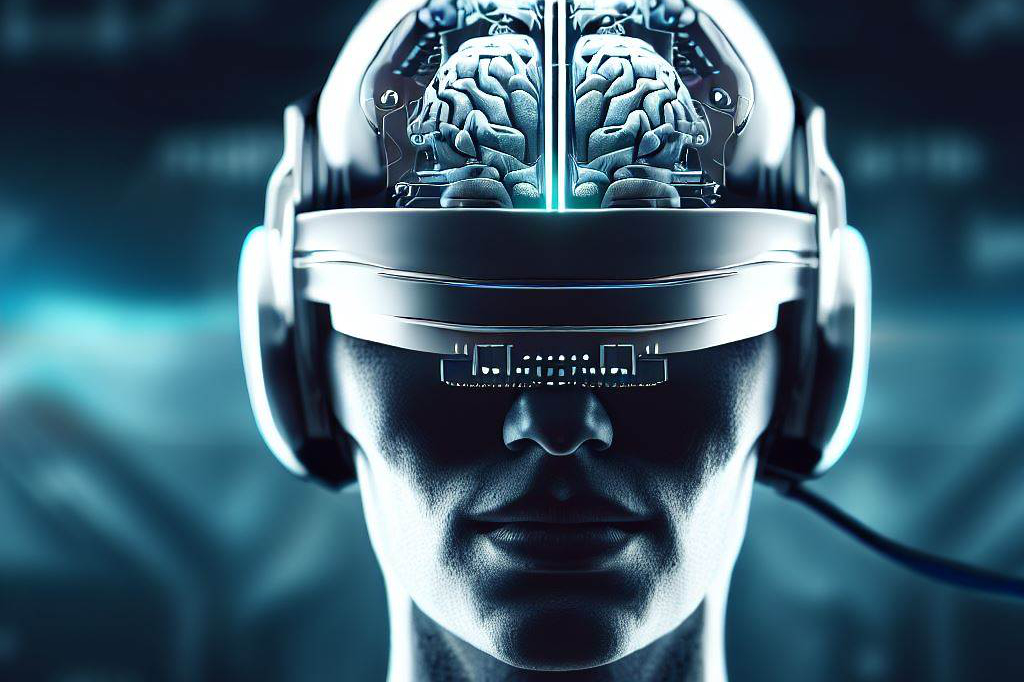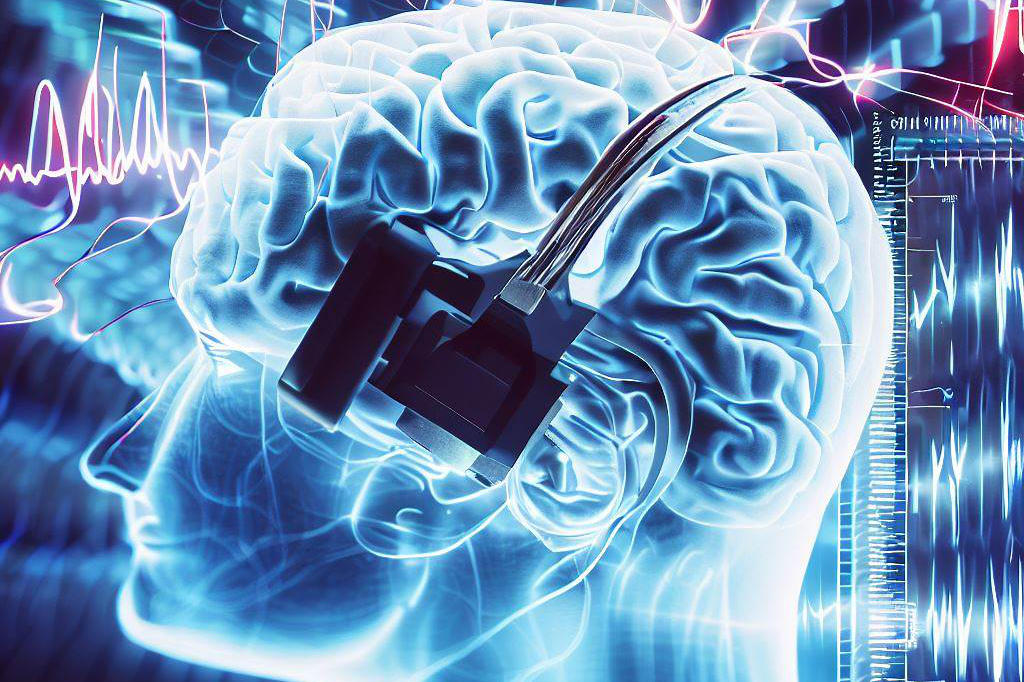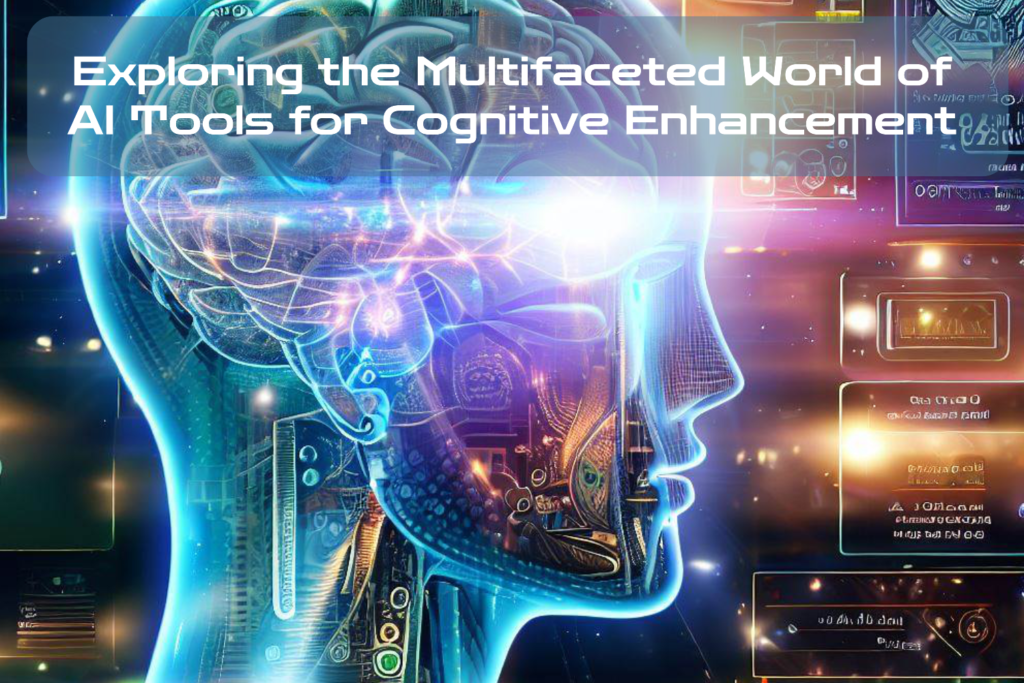Introduction to AI Tools for Cognitive Enhancement
Definition of cognitive enhancement
Cognitive enhancement, in simple terms, refers to the utilization of tools and technologies to improve various aspects of human cognition. It involves enhancing cognitive abilities, such as
- memory,
- attention,
- problem-solving skills,
- creativity,
- and overall mental performance.
The primary goal of cognitive enhancement is to optimize human brain functions by leveraging external aids or means. The concept of cognitive enhancement has gained significant attention in recent years due to advancements in technology and artificial intelligence (AI).
While traditional methods like education and training have long been employed for cognitive improvement, AI tools offer novel approaches that can complement or augment these conventional techniques. By harnessing the power of machine learning algorithms and data analysis, AI tools have the potential to revolutionize how we enhance our cognitive capabilities.
Overview of AI Tools and Technologies

AI tools encompass a wide range of technologies that assist in cognitive enhancement. These tools leverage computational algorithms to learn from vast amounts of data and make intelligent predictions or decisions based on patterns identified within that data. Some common examples include
- virtual personal assistants (VPAs),
- smart home systems,
- brain-computer interfaces (BCIs),
- augmented reality (AR)
- and virtual reality (VR) technologies.
Virtual personal assistants like Siri and Alexa are widely used AI tools that provide information retrieval on-demand through voice recognition and natural language processing capabilities. These VPAs allow users to perform tasks such as
- setting reminders,
- searching the web for information,
- scheduling appointments,
- playing music,
and controlling compatible smart devices with just a voice command.
Smart home systems such as Google Home or Nest integrate various devices within a household to create an interconnected ecosystem where users can control their environment through voice commands or automated routines. These systems employ adaptive learning algorithms that analyze user preferences over time to optimize energy usage patterns for increased comfort while reducing wastage.
The concept of cognitive enhancement entails using tools and technologies to improve cognitive abilities. AI tools offer new and innovative approaches to enhancing cognition by leveraging machine learning algorithms.
Virtual personal assistants and smart home systems are examples of widely used AI tools that assist in information retrieval, organization, and automation. The subsequent sections will delve into more niche subtopics such as brain-computer interfaces (BCIs), augmented reality (AR), virtual reality (VR), and neurostimulation techniques, shedding light on lesser-known aspects of AI tools for cognitive enhancement.
High-Level Examples of AI Tools for Cognitive Enhancement

Virtual Personal Assistants: Enhancing Information Retrieval and Organization
Virtual personal assistants have become an increasingly popular and pervasive example of AI tools for cognitive enhancement. Siri, Alexa, and other similar voice-activated assistants have revolutionized the way we interact with technology by providing us with a seamless means to retrieve information and organize our lives. These intelligent virtual companions utilize advanced voice recognition and natural language processing capabilities to understand user commands accurately.
When it comes to information retrieval, virtual personal assistants are capable of processing complex queries instantly. Whether you need to know the capital of a country or want a recipe for your favorite dish, these AI tools can swiftly search through vast databases and provide relevant results in a matter of seconds.
This not only saves time but also enhances our cognitive abilities by expanding our access to knowledge. Furthermore, virtual personal assistants assist in organizing various aspects of our lives.
From setting reminders and scheduling appointments to managing shopping lists and sending messages, these AI companions can help us stay on top of our daily tasks effortlessly. By offloading such cognitive burdens onto smart devices, we can allocate more mental resources towards higher-level thinking and problem-solving activities.
Smart Home Systems: Seamless Control and Optimization

Another remarkable example of AI tools for cognitive enhancement are smart home systems like Google Home or Nest. These innovative technologies integrate with various devices within our living spaces, offering us unprecedented control over our environment while optimizing energy usage and comfort levels.
Imagine walking into your home after a long day at work, tired yet wanting the perfect ambiance. With smart home systems powered by artificial intelligence, you can simply command your virtual assistant using natural language processing – “Hey Google” or “Alexa.” Instantly, lights dim down to create a cozy atmosphere while your favorite relaxing music starts playing softly in the background.
The integration of AI allows these systems to learn from our preferences and habits, adapting their behavior accordingly. For example, they can analyze data on our energy consumption patterns and adjust thermostat settings to optimize both energy efficiency and comfort.
Furthermore, smart home systems can automate mundane tasks such as turning lights on or off, adjusting blinds, or even brewing a cup of coffee — liberating our cognitive resources for more meaningful activities. Smart home systems represent a remarkable example of how AI tools enhance cognitive abilities by giving us seamless control over our environment while optimizing various aspects of our daily lives.
By using adaptive learning algorithms and integrating with different devices, these technologies not only minimize cognitive load but also strive to increase efficiency and well-being. Remember that the key premise behind AI tools for cognitive enhancement is to augment human capabilities rather than replace them.
These high-level examples merely scratch the surface of the vast array of AI tools available today. The next sections will delve into more specialized subtopics within this intriguing field.
Niche Subtopics in AI Tools for Cognitive Enhancement

Brain-computer interfaces (BCIs)
Brain-computer interfaces (BCIs) represent a groundbreaking advancement in cognitive enhancement. By utilizing electroencephalography (EEG) technology to monitor brain activity, BCIs allow individuals to directly interact with computers and devices using their thoughts.
This technology has far-reaching applications, particularly in the fields of neurofeedback training and brain-controlled prosthetics. In neurofeedback training, BCIs enable individuals to gain insight into their own brain activity patterns.
By receiving real-time feedback on their mental states, users can learn to regulate their emotions, improve focus, and reduce stress levels. This process involves monitoring brainwave frequencies associated with different mental states through EEG sensors placed on the scalp.
Through practice and reinforcement, individuals can gradually learn to consciously control these patterns, leading to enhanced cognitive function. Another fascinating application of BCIs is in the development of brain-controlled prosthetics.
By directly connecting the human brain to robotic limbs or exoskeletons, individuals with physical disabilities can regain lost mobility and independence. Through the integration of AI algorithms that interpret neural signals from the BCI, users can manipulate artificial limbs simply by thinking about specific movements or tasks.
Augmented reality (AR) and virtual reality (VR) technologies

Augmented reality (AR) and virtual reality (VR) technologies offer immense potential for cognitive enhancement by providing immersive experiences that engage multiple senses simultaneously.
AR enhances our real-world environment by overlaying digital information onto it through devices like smartphones or smart glasses. On the other hand, VR creates entirely new digital environments that users can fully immerse themselves in using specialized headsets.
These technologies hold great promise for enhancing cognitive abilities by creating interactive and realistic training simulations. For example, medical students can practice complex surgical procedures in a safe virtual environment, allowing them to hone their skills and gain confidence before operating on real patients.
Similarly, VR-based memory improvement programs can recreate vivid scenarios to stimulate recall and improve memory retention. AR and VR also have the potential to revolutionize education by making learning more engaging and interactive.
Imagine exploring ancient civilizations by virtually walking through historical landmarks or visualizing complex scientific concepts through immersive 3D models. By connecting knowledge with experiential learning, AR and VR technologies have the power to enhance cognitive understanding and retention.
Rarely Known Small Details on AI Tools for Cognitive Enhancement

Neurostimulation techniques
Neurostimulation techniques represent a fascinating aspect of AI tools for cognitive enhancement, often unnoticed by the general public. These techniques involve using electrical or magnetic stimulation to alter neural activity in targeted regions of the brain, leading to improvements in cognitive function.
One such technique is transcranial direct current stimulation (tDCS), which involves delivering low-intensity electrical currents through electrodes placed on the scalp. tDCS has shown promising results in enhancing attention, memory, and learning abilities.
By modulating cortical excitability levels, this non-invasive technique can optimize neural circuitry involved in various cognitive processes. Another neurostimulation technique is transcranial magnetic stimulation (TMS), which utilizes magnetic fields to induce electrical currents within specific brain regions without invasive procedures.
TMS has shown potential for treating mental health conditions such as depression, but it also holds promise for enhancing cognitive abilities. Studies have demonstrated improvements in working memory capacity and executive functions through targeted stimulation using TMS.
These rarely known details highlight the immense potential of neurostimulation techniques as AI tools for cognitive enhancement. As researchers delve deeper into understanding brain function and developing safer and more precise methods, neurostimulation techniques may become powerful tools for unlocking the hidden potential of our neural circuits.
Final Thoughts
In the realm of cognitive enhancement, AI tools and technologies have opened up a world of possibilities. From brain-computer interfaces that enable direct mind-machine interactions to augmented reality and virtual reality experiences that enhance learning and memory, these advancements are reshaping how we expand our cognitive abilities. Moreover, the rarely known details of neurostimulation techniques shed light on how electrical or magnetic stimulation can optimize neural circuitry for enhanced cognitive function.
As researchers continue to explore these innovative approaches, we can look forward to even more exciting developments in the field. With AI tools for cognitive enhancement at our disposal, there is reason to be optimistic about a future where we can unlock untapped potential within ourselves.
As these technologies evolve and become more accessible, they hold the promise of enhancing not just individual capabilities but also collective intelligence. It is an exciting time where human ingenuity and technological advancements converge to unlock new horizons in cognitive enhancement.

C M, a seasoned editor, journalist, and consultant, is deeply fascinated by the convergence of technology, space, and the future of humanity.
With a particular interest in transhumanism, futurology, and the philosophical and ethical dimensions of these domains, C M serves as the lead contributor to TranscendSphere and SpaceSpotlight.
When not penning insightful articles on these rapidly evolving fields, C M indulges in their love for podcasts and books, proudly embracing their status as a ‘Happy Nerd Extraordinaire!’





